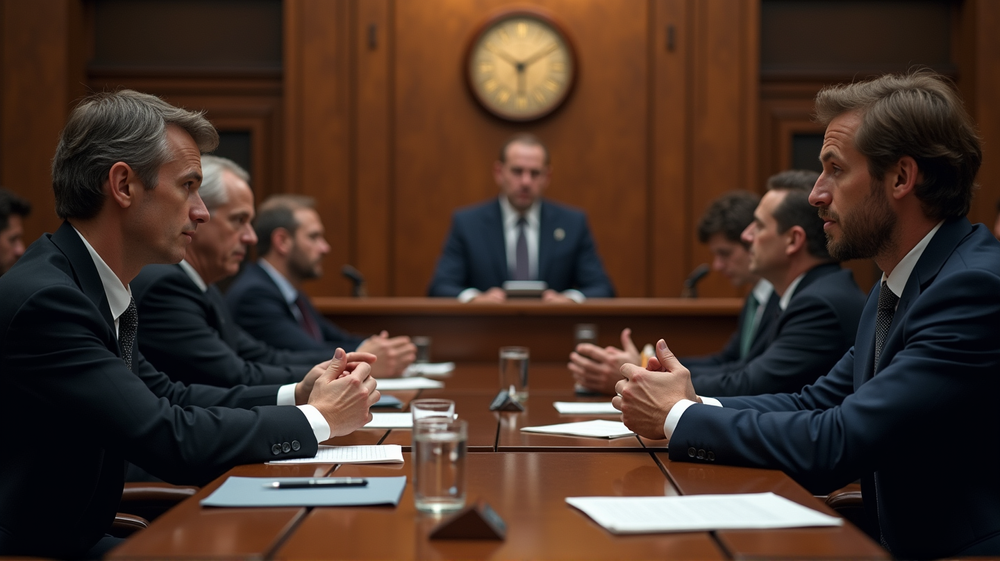Procrastination Costs Dearly: A Lesson from Punjab High Court Ruling
In a case that underscores the perils of delaying legal action, the Punjab and Haryana High Court recently dismissed a plea brought by two aspirants whose judiciary selections were canceled in 2002. The ruling highlights the intricate relationship between time and justice, focusing on the doctrine of laches and its decisive influence on court rulings. According to Live Law, the dismissed plea has stirred thoughts on procrastination’s heavy toll on career and claims.
The Doctrine of Laches: Time-Bound Justice
The doctrine of laches was central to the court’s decision, which underscores the necessity of timely action when seeking justice. The bench, led by Chief Justice Sheel Nagu and Justice Sumeet Goel, refused to reinstate the petitioners’ candidature, terminating a nearly two-decade-old hope. They emphasized that delay could lead to inaction, harming the justice system—reminding litigants of the aphorism, “Procrastination is the greatest thief of time.”
A Plea Years in Waiting
The aspirants, Navdeep Singh and another, originally faced accusations in a recruitment scam in 2002, leading to their selection’s cancellation. Despite being acquitted in 2016, the candidates waited till then to challenge their dismissal. They argued that the allegations were unfounded, hoping the court would restore their appointments based on their acquittal.
Recruitment Scandal: A Damaging Past
This case stems from a recruitment scandal involving several accused, including the petitioners. As the court noted, the delay in seeking redress and filing representations only in 2016 pushed their cause into the realm of unacceptable delay as per legal standards. “Certain delays may not be detrimental, but indifference to time can prove catastrophic,” reflected Justice Sumeet Goel.
The Consequences of Delay
The court stated that this plea underlined how significant delays might render an issue unsuitable for review unless extraordinary circumstances prevail. They dismissed the plea, highlighting that the petitioners’ failure to act promptly in the face of earlier cancellations and subsequent acquittals sealed their fate. Justice in this case was denied not for lack of merit but for neglect of timely pursuit.
Lesson in Legal Vigilance
This ruling is a reminder of the importance of timely legal action and its impact on justice. It serves as a lesson for all, about the ramifications of procrastination in both personal and professional realms. As Justice Goel articulated, “Law does not permit one to sleep and rise like a phoenix.” Let this case resonate as a cautionary tale in the sands of courtroom histories.




